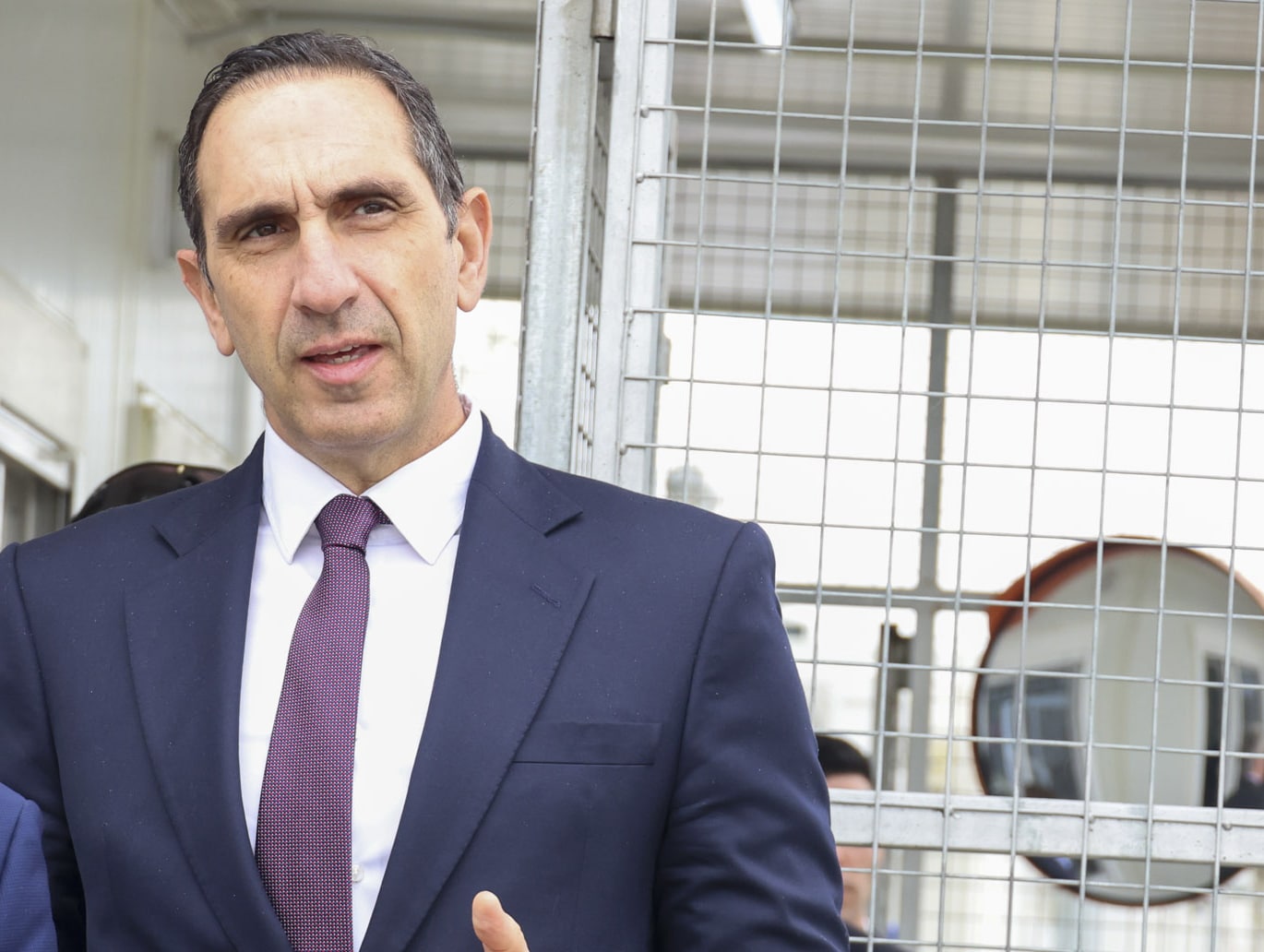Interior Minister Constantinos Ioannou hit out against the UN peacekeeping force (Unficyp) on Monday over the dozens of migrants stranded in the buffer zone for weeks.
The migrants from countries such as Afghanistan, Syria and Cameroon attempted to cross to the Republic’s territories via the north since their arrival in two separate groups in the last two weeks of May.
Authorities have refused to grant them access to asylum procedures and they are currently stranded in the buffer zone, with UN agencies offering them shelter via tents, food and medicine.
In statements on Astra, Ioannou suggested the tents the migrants are currently living in were placed there before the migrants even arrived. He appeared to question the motives of Unficyp, without delving into specifics.
Spokeswoman for the interior ministry Margarita Kyriakou confirmed to the Cyprus Mail that this was the version of events the government had understood to have unfolded.
The statements come at odds with what Unficyp and the UNHCR previously said – that the migrants were detected by the peacekeeping forces, the Republic of Cyprus’ authorities alerted and then the migrants forbidden access to the government territories and asylum procedures.
Kyriakou also cited the Green Line regulation, saying police spotted the migrants and under these rules refused then entry into the Republic’s territory.
Unficyp did not wish to comment on the allegations, reiterating the dire humanitarian conditions the migrants are living in, as Cyprus battles extreme temperatures.
Ioannou also charged the UN did not even know how many migrants are stranded in the buffer zone. It appears he was alluding to a UNHCR statement last week that put the number to 31, in contrast to earlier statements that said they were 27.
Ioannou’s statements appear to be in line with President Nikos Christodoulides’ tough line on Friday, where he said Cyprus does not accept lectures from anyone on how to manage the issue of migrants.
Those who think that with public statements they put pressure on Cyprus will not achieve anything, he said, adding that such problems are addressed through cooperation and not through public interventions.
European Commission spokeswoman for home affairs Annita Hipper told the New York Times last week that “the possibility for any person to apply for international protection on a member state’s territory, including at its border or in a transit zone, is established in EU law.”
The government has cited the Green Line regulation for its refusal, which has raised eyebrows in UN circles whose officials have told the Cyprus Mail the government’s handling of the matter violates international law.







Click here to change your cookie preferences